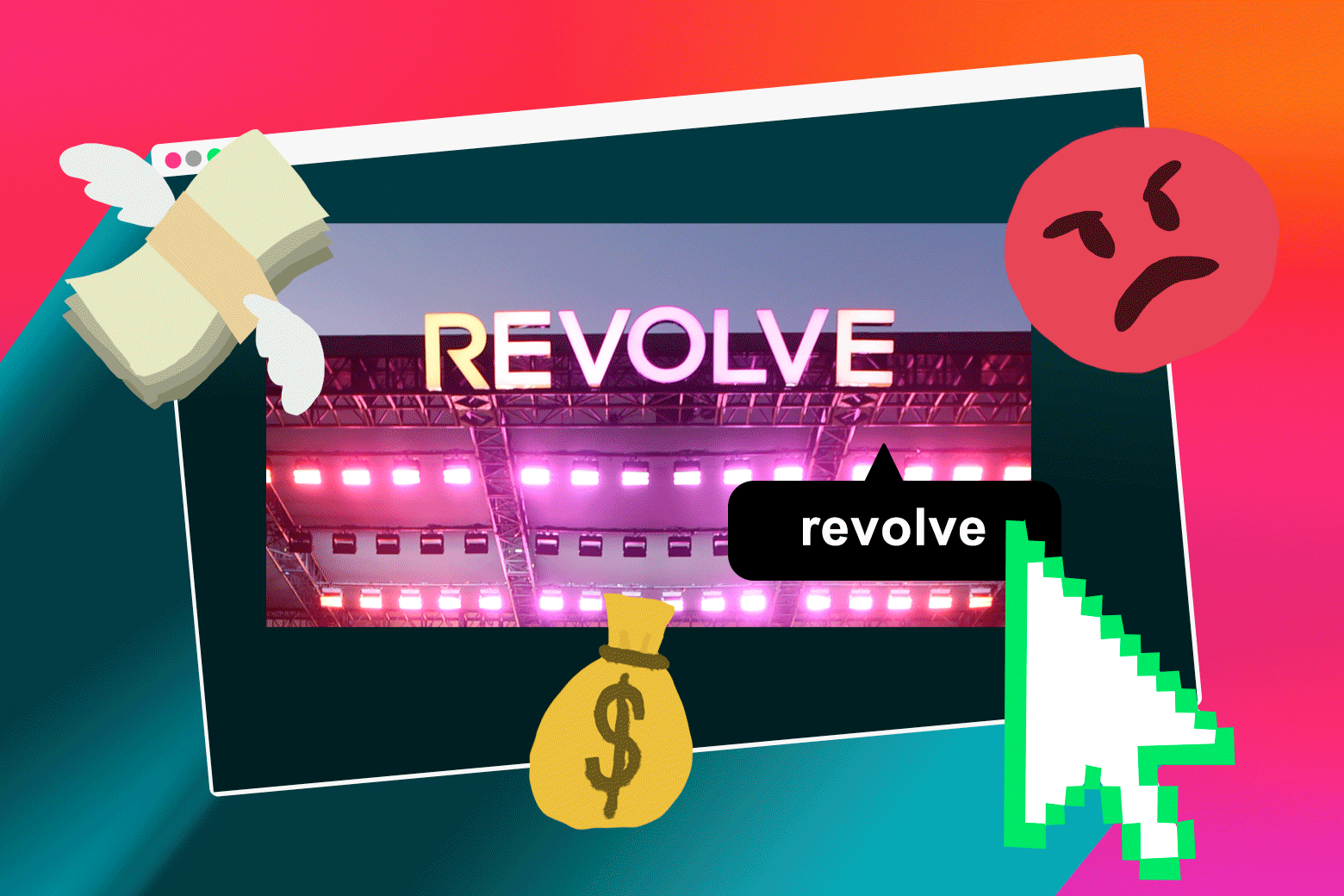Unraveling the $50 Million Revolve Lawsuit: A Dive into Sponcon Literacy
Fashion giant Revolve faces a $50 million lawsuit that has thrust sponsored content (“sponcon”) into the legal spotlight. Filed in June 2023 by influencer Arii O., the case alleges deceptive marketing practices involving undisclosed paid partnerships. This landmark dispute underscores growing concerns about transparency in influencer marketing and highlights the urgent need for clearer sponcon literacy among brands, creators, and consumers alike.
The Anatomy of the Revolve Lawsuit
Arii O., a social media personality with 2.7 million Instagram followers, claims Revolve failed to compensate her for content creation during a brand trip to the Bahamas. The lawsuit alleges the company expected influencers to post about the luxury getaway without formal contracts or payment disclosures, potentially violating FTC guidelines. Court documents reveal Revolve allegedly provided over $1,300 in daily perks including spa treatments and private yacht access in exchange for posts.
“This case represents a watershed moment for the influencer economy,” says digital marketing attorney Jessica Klein. “It forces us to examine where hospitality ends and contractual obligations begin.” The lawsuit comes as FTC data shows a 175% increase in warning letters sent to influencers regarding disclosure violations since 2020.
The Gray Areas of Sponsored Content
Modern influencer marketing operates in murky waters where personal content blends seamlessly with paid promotions. A 2023 Influencer Marketing Hub survey found:
- 63% of consumers can’t consistently identify sponsored posts
- Only 38% of influencers always use FTC-required disclosures like #ad
- 52% of brands have no formal sponcon compliance training for partners
“The Revolve situation exposes systemic issues in our industry,” notes NYU marketing professor Dr. Evan Singh. “Brands often rely on verbal agreements and relationship capital rather than proper documentation. When expectations mismatch, everyone loses.”
Legal Implications for Influencer Marketing
The lawsuit raises critical questions about the legal status of brand trips. While not new—Luxury brands have hosted similar events for decades—the scale and commercialization of influencer trips creates novel challenges. Legal experts identify three key considerations:
- Contract formation: At what point do informal arrangements become binding agreements?
- Valuation: How should companies quantify the worth of experiential compensation?
- Disclosure: What constitutes adequate sponsorship transparency under FTC rules?
California’s stringent labor laws further complicate matters. The state’s “no free work” statutes could potentially classify uncompensated influencer content as wage violations, with penalties up to $10,000 per incident.
Industry Reactions and Divided Perspectives
The fashion and marketing communities remain split on the lawsuit’s merits. Some view it as a necessary correction to exploitative practices, while others see it as opportunistic. “Brand trips are collaborative opportunities, not employment contracts,” argues Revolve partner and influencer Danielle Bernstein. “Everyone understands the unspoken exchange of value.”
Conversely, social justice creator Maya Peters states: “This case highlights how brands disproportionately exploit BIPOC influencers. The same companies that balk at paying fair wages will spend millions courting celebrity endorsements.” Data from MSL Group shows influencers of color receive 29% lower campaign fees than white counterparts for similar work.
Building Better Sponcon Literacy
As the $21.1 billion influencer marketing industry matures, experts advocate for standardized practices:
- Clear contracts: Documenting deliverables, compensation, and disclosure requirements
- Universal education: FTC-compliant training for brands and creators
- Consumer awareness: Media literacy initiatives to help audiences identify sponsorships
Platforms are also stepping up. Instagram now flags potential sponsored content with “Paid Partnership” tags, while TikTok’s Branded Content toggle automatically adds disclosure labels. However, a 2023 Pew Research study found only 41% of users notice these platform-generated disclosures.
The Road Ahead for Influencer Marketing
The Revolve lawsuit’s outcome could reshape influencer marketing regardless of verdict. Legal analysts predict either result will spur:
- Tighter FTC enforcement of sponsorship disclosures
- More formalized creator contracts
- Increased litigation around experiential marketing
For consumers, the case serves as a reminder to approach social media content with healthy skepticism. “Viewers deserve to know when they’re seeing an ad versus genuine enthusiasm,” emphasizes FTC compliance officer Rachel Goldstein. “Transparency builds trust in the digital marketplace.”
As the industry awaits the court’s decision, one truth emerges: The era of informal influencer agreements may be ending. Brands and creators who proactively address sponcon literacy today will be best positioned for the more regulated marketing landscape of tomorrow. For marketers seeking guidance, the FTC’s .com Disclosures Guide remains the gold standard for compliant sponsored content practices.
See more Business Focus Insider Team

